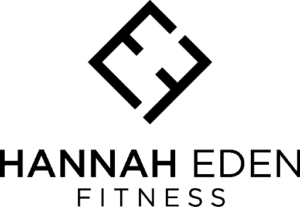

Share this article:
Eating To Support A Lifestyle: Sufficient Energy and Nutrient Intake To Stay Energized At Work And During Workouts
Diets. Just the word is enough to bring up intense amounts of information, and perhaps even emotion.
After all, it’s likely that we’ve all tried a diet or two in our lifetime … and perhaps that diet has failed. Or, maybe it succeeded, but was too difficult to sustain. Whatever the case, we wanted to discuss an alternative that is designed to last and to bring vitality to your life and workouts, rather than draining it: eating to support a lifestyle.

Eating For Energy And Performance
If you’ve ever tried a diet and felt great at first, but then gradually started losing energy … you’re not alone. At their root, diets are typically designed for weight loss, which means they are often either calorie-restricted, carb-restricted, or fat restricted (or sometimes even all of these).
Of course, a slight calorie deficit is necessary to lose stored fat; however, too large of a deficit can rapidly lead to low energy simply from not having enough calories or nutrients for our basic functions.
After some time on a diet like this, you’ll likely notice your performance will start to lag, as it’s difficult for your body to perform optimally without enough energy and nutrients.
So, the question becomes: how can we eat to support our lifestyle? How can we eat to support high energy levels and workouts, while still striving toward our physique goals?
These tips below will help you reach a sustainable lifestyle, with food as your friend.
1. Always Look For Balance
Typically, everything in life and nature attempts to remain in a balanced state. In our bodies, this is called homeostasis, when everything is working in tune and in balance with everything else. This is also considered our “optimal state.”
The same can be said for the food we eat: when something in our diets is out of balance (say, we eat too much sugar, we don’t eat enough protein, we lack a certain nutrient, we don’t eat enough carbs, or we eat too many carbs, etc …) this is typically when problems arise.
An unbalanced diet tends to remain beneficial for the very short-term, and for a specific goal. If this unbalance is carried on for too long, we’ll likely start to see problems popping up.
*Of course, exceptions are made for medically necessary diets such as the ketogenic diet or gluten free diet*
When you are looking to eat for a healthy lifestyle, balance is essential. This means making sure your meals have an ideal balance of carbs, protein, and healthy fats, without one overpowering the other. AND, it also means that if you crave a treat once and awhile … you allow yourself to indulge!
Now, we all know “once in a while” doesn’t mean every other day: what we like to do is plan an “indulgence day” once a week where we’re allowed to have one indulgence, then revert back to healthy and sustainable the next day.
This also means that it’s important to listen to your body: if you are craving carbs after an intense workout or week of workouts and feeling low-energy, allow yourself a larger serving of a clean, “slow burning” carb, such as sweet potato or quinoa.
2. Remember Nutrient Density And Quality
Unfortunately, most packaged and boxed foods are filled with sugars, artificial flavors, preservatives, and other chemicals that not only promote weight gain and increase health risks, but are also devoid of nutrients and can extinguish your energy levels.
When we focus instead on choosing only fresh, whole foods, we not only receive energizing nutrients that support our vitality and performance, but we also avoid processed foods that are damaging in the long run.
Try to stick to creating meals with these ingredients:
- Fresh veggies, fruits, nuts, seeds, leafy greens, whole grains like quinoa and brown rice, sweet potatoes, and squashes like butternut and zucchini
- Healthy fats like avocados, olive and coconut oils
- Quality (organic if possible) meats, wild fish, and pasture-raised eggs
- If you can tolerate dairy, also focus on organic cheeses and unsweetened yogurts – if you can’t tolerate dairy, look for unsweetened, non-dairy coconut or cashew yogurts, unsweetened nut milks, and nut cheeses.
- P.S.: avoid excess sugars, which can be found in unexpected places like salad dressings and coffee creamers.
Fresh foods contain more nutrients per calorie than processed foods, which means you can get more nutrition without the calorie overload. This will help increase your energy and performance levels, since your body will have the raw materials (nutrients) it needs to perform.
Try to get in at least 5 servings of veggies every day, as this will help fill in any micronutrient and mineral gaps. A serving of raw veggies =1 cup, while cooked =1/2 cup.
3. Strive For Simplicity
When it comes to choosing and creating healthy meals, keeping things simple will not only make cooking, cleaning, and preparation easier, but your body and digestion will also love you for it.
Typically, we consume packaged foods that contain an intense amount of ingredients in combinations that would never occur naturally in nature. By simplifying our meals and cooking with spices rather than boxed sauces or processed flours and syrups, we remove excess sugars and “empty” calories.
Examples of simple meals:
- Pan-seared chicken (or tofu) in coconut oil, spiced with a cajun spice blend, served with a side of roasted sweet potato and sautéed spinach, followed by a piece of dark chocolate or a homemade sweet like this Protein-Packed Snack I made with berries.
- 2-3 scrambled eggs with spinach, mushrooms, onion, and tomatoes, topped with avocado and a side of quinoa, roast potatoes, or a slice of organic sourdough bread.
And finally, don’t forget to make sure you’re eating enough to support your workout regime. It’s super easy to not get enough calories when you’re eating clean, fresh foods, which can also eat to low energy. Use a calorie calculator like this one to determine your ideal calorie requirements, and be sure to get in your daily recommended amount based on your activity level.
The Bottom Line
- Keep your meals balanced (eat contains clean carbs, protein, and healthy fats)
- Choose nutrient-dense, whole foods (avoid packaged foods)
- Keep meals and ingredients simple, while avoiding added chemicals and preservatives
- Allow yourself to indulge once in a while
- Be sure to eat enough calories to support your fitness regime

Sign Up and Subscribe for quick updates!
Get everything Hannah Eden Fitness right in your inbox!
Share this article:



